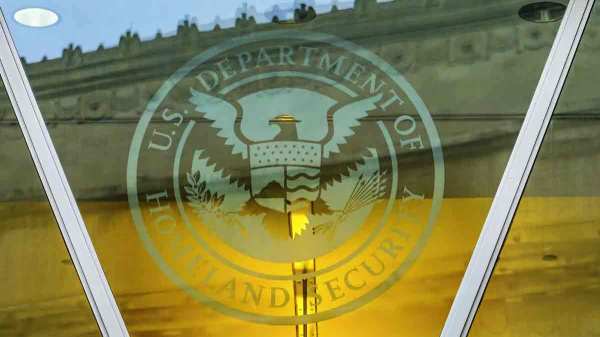Fusion centers, first-responder tech addressed in security bills passed by House

Bills designed to strengthen regional intelligence hubs called fusion centers and make it easier for first-responder agencies to pursue new technology were among 17 homeland security measures passed Tuesday by the House.
Several of the bills are making repeat appearances in the House after stalling in the 114th Congress, including the First Responder Access to Innovative Technologies Act of 2017 (H.R. 687). That legislation would direct the Federal Emergency Management Agency to come up with a uniform, transparent way of reviewing requests from first responders to use certain grant funds to buy “equipment or systems that do not meet or exceed any applicable national voluntary consensus standards.”
Donald Payne, D-N.J., noted in a statement upon the bill’s introduction that many first responders have not been able to buy equipment using DHS grants intended to meet evolving threats.
“This legislation will equip first responders with the tools needed to do their jobs better and safer by requiring FEMA to establish a clear, transparent process to review requests to purchase innovative technologies with homeland security grant funds,” Payne said.
The bill did not make it to the president’s desk last Congress due to timing, a Payne spokesperson told FedScoop. He said he’s optimistic the Senate will see the importance of the bill.
Bolstering fusion centers
Two bills on fusion centers — federal, state and local partnerships to share intelligence — also passed, including one that would mandate an assessment of the IT systems that facilitate information sharing between the hubs and the department.
The bill, H.R. 678, would require an explanation of how easy it is to use the systems, and “a review to determine how to establish improved interoperability of departmental information systems with existing information systems used by fusion centers in the National Network of Fusion Centers.”
The bill also mandates making upgrades to the systems as needed. Officials would have to conduct an assessment of DHS personnel assigned to fusion centers and determine if more personnel are needed. Another measure that passed, H.R. 642, is intended to enhance the partnership between DHS and the National Network of Fusion Centers.
Measures affecting internal DHS operations also passed Tuesday, including one to authorize insider threat mitigation activities at the department, and two other measures that seek to improve the way Department of Homeland Security officials oversee and document certain acquisition programs.
[Read more: Bill to authorize DHS insider threat program passes House; DHS acquisition management bills set for House passage]
“These bills improve our border security, transportation security, and cybersecurity defenses, enhance first responder capabilities and streamline the management efficiency of the Department of Homeland Security,” Homeland Security Committee Chairman Michael McCaul, R-Texas, said in a statement about the 17 measures that passed.





